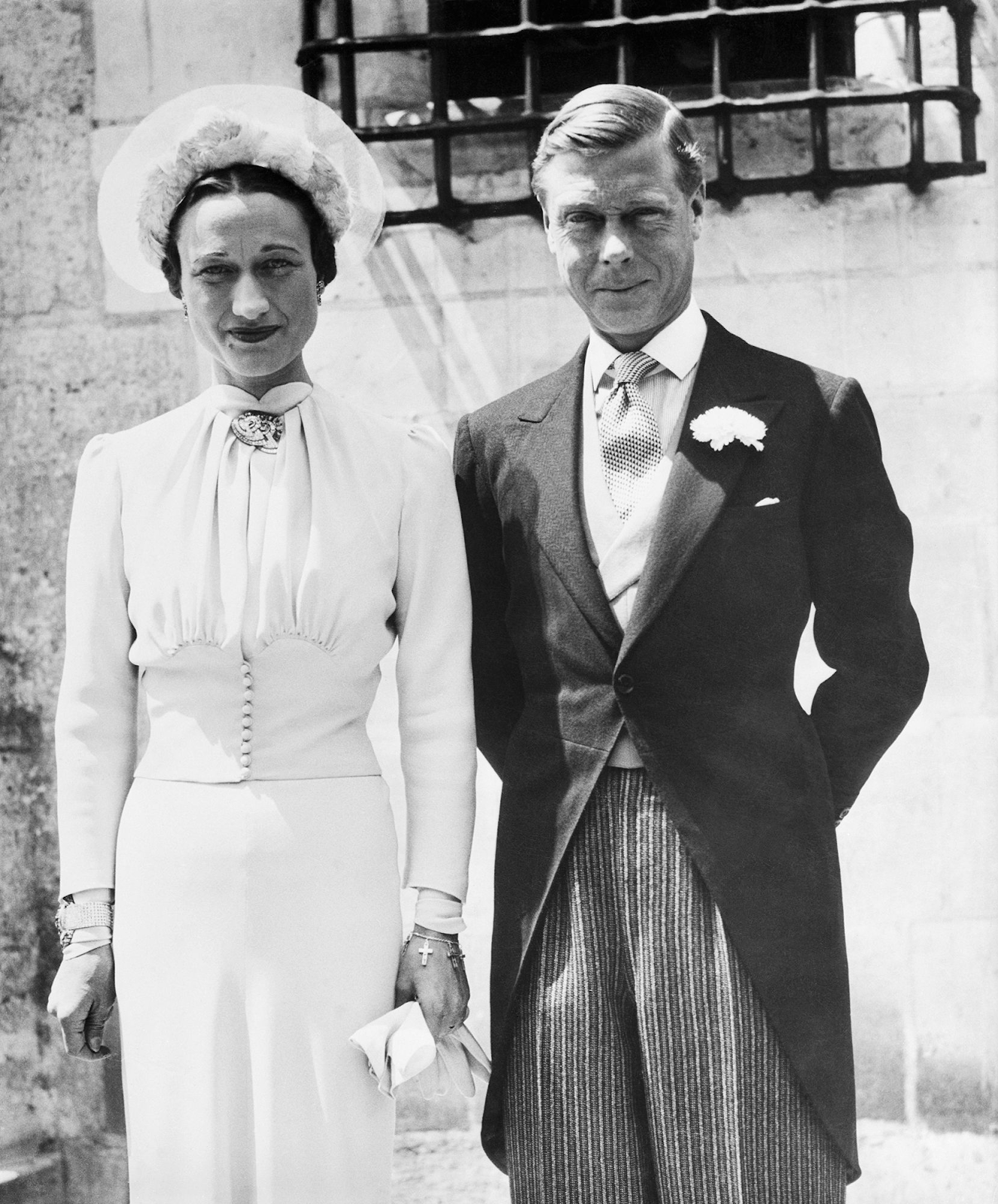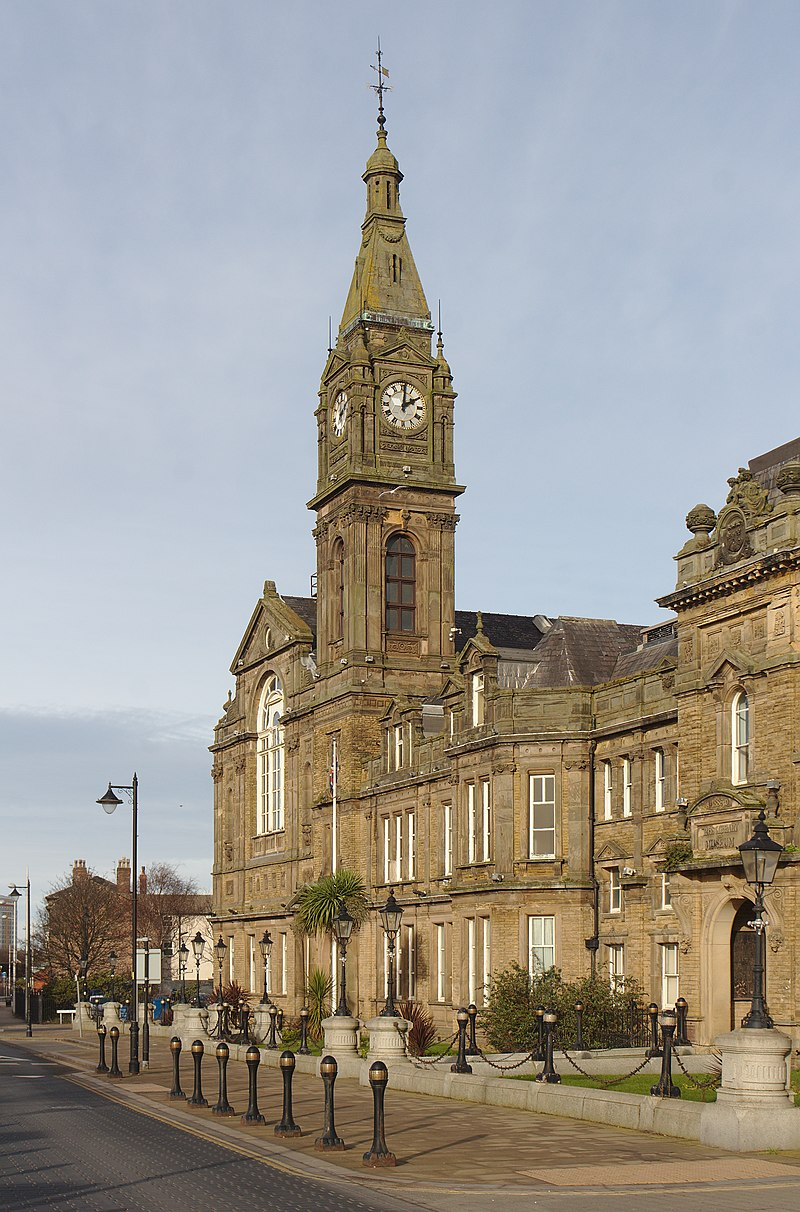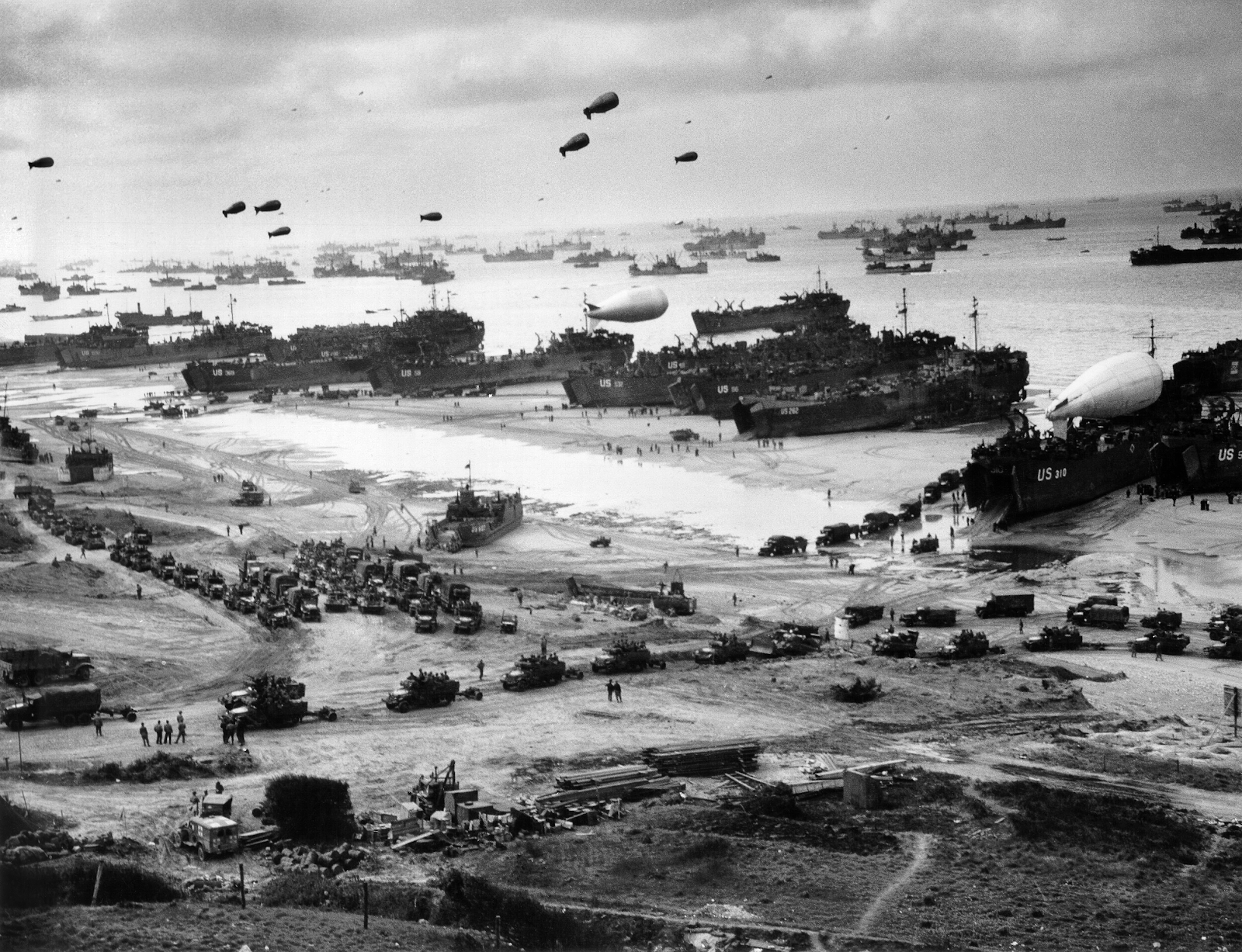The novel starts in Liverpool in 1937.
Jessica is fond of music, and her favourite singer is Al Bowlly. Albert Allick Bowlly (7 January 1899[1] – 17 April 1941) was a South African-British vocalist, crooner and dance band guitarist who was Britain's most popular singer for most of the 1930s.
In that first part of the book Jessica goes to see "Ana Karenina" starred by Greta Garbo. Anna Karenina is a 1935 Metro-Goldwyn-Mayer film adaptation of the 1877 novel Anna Karenina by Leo Tolstoy and directed by Clarence Brown. The film stars Greta Garbo, Fredric March, Basil Rathbone, and Maureen O'Sullivan.
The characters make reference to the marriage of Wallis Simpson and the Duke of Windsor. On June 3, 1937, Edward married Wallis Simpson in a French chateau while a businessman who the American divorcee actually loved watched on.
Jessica moves to Bootle when her husband takes away her children. Bootle is a town in the Metropolitan Borough of Sefton, Merseyside.
Jess finds a job in Kirkby. Kirkby is a town in the Metropolitan Borough of Knowsley, Merseyside.
In the book the characters are witness to Chamberlain declaring war on Germany. The news that Britain was at war was broken by Prime Minister Neville Chamberlain at 11.15am on Sunday 3 September 1939.President Albert Lebrun in France also declared war on Germany. Albert François Lebrun (29 August 1871 – 6 March 1950) was a French politician, President of France from 1932 to 1940.
The book also makes reference to Dunkirk. The Dunkirk evacuation, codenamed Operation Dynamo and also known as the Miracle of Dunkirk, or just Dunkirk, was the evacuation of more than 338,000 Allied soldiers during the Second World War from the beaches and harbour of Dunkirk, in the north of France, between 26 May and 4 June 1940. The operation commenced after large numbers of Belgian, British, and French troops were cut off and surrounded by German troops during the six-week Battle of France.
Then the Germans entered Paris. The city of Paris started mobilizing for war in September 1939, when Nazi Germany and the Soviet Union attacked Poland, but the war seemed far away until May 10th 1940, when the Germans attacked France and quickly defeated the French army. The French government departed Paris on June 10th, and the Germans occupied the city on June 14th.
Sam and Jessica visit Chartres Cathedral. Chartres Cathedral, also known as the Cathedral of Our Lady of Chartres, is a Catholic Cathedral in Chartres, France, about 80 km southwest of Paris.
Louis's mother, who moves to Paris after her son's death, lives in Reims. Reims is the most populous city in the French department of Marne, and the 12th most populous city in France. The city lies 129 km northeast of Paris on the Vesle river, a tributary of the Aisne.Jessica mentions Germany invading Russia. Operation Barbarossa was the invasion of the Soviet Union by Nazi Germany and many of its Axis allies, starting on Sunday, 22 June 1941, during World War II.
The Japanese then attacked Pearl Harbor. The attack on Pearl Harbor was a surprise military strike by the Imperial Japanese Navy Air Service on the American naval base at Pearl Harbor in Honolulu, Hawaii, in the United States, just before 8:00 a.m. on Sunday, December 7, 1941. At the time, the United States was a neutral country in World War II. The attack on Hawaii and other U.S. territories led the United States to formally enter World War II on the side of the Allies the day following the attack, on December 8, 1941.
In 1943 Mussolini was deposed and Italy surrendered and declared war on Germany. The fall of the Fascist regime in Italy culminated with a successful vote of no confidence against the Prime Minister Benito Mussolini at the meeting of the Grand Council of Fascism on 24–25 July 1943. As a result, a new government was established, putting an end to the 21 years of Fascist rule in the Kingdom of Italy, and Mussolini was placed under arrest.
In 1944 the Allies landed in Normandy. The Normandy landings were the landing operations and associated airborne operations on 6 June 1944 of the Allied invasion of Normandy in Operation Overlord during the Second World War. Codenamed Operation Neptune and often referred to as D-Day, it is the largest seaborne invasion in history. The operation began the liberation of France, and the rest of Western Europe, and laid the foundations of the Allied victory on the Western Front.
Paris was liberated shortly afterwards. The liberation of Paris was a battle that took place during World War II from 19 August 1944 until the German garrison surrendered the French capital on 25 August 1944.

















No comments:
Post a Comment